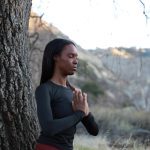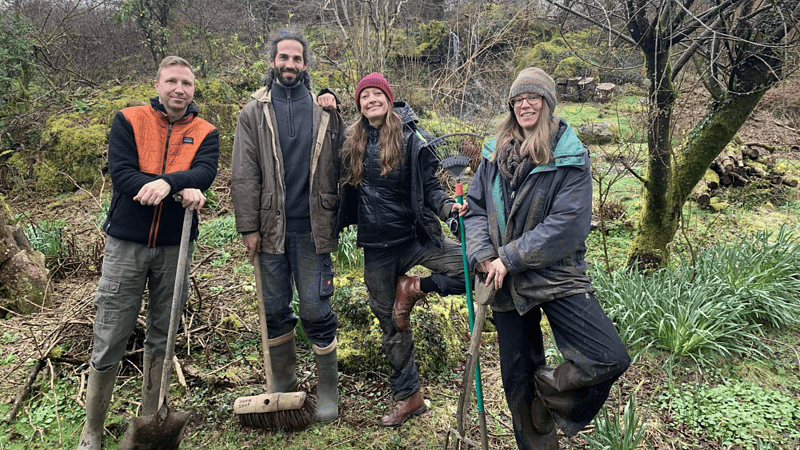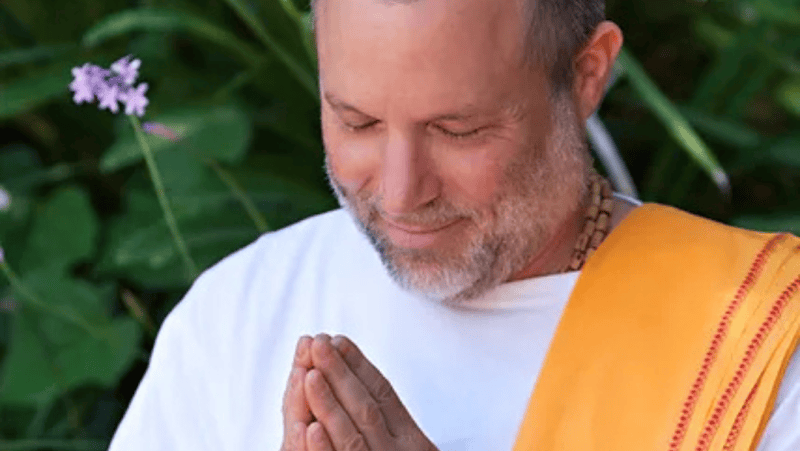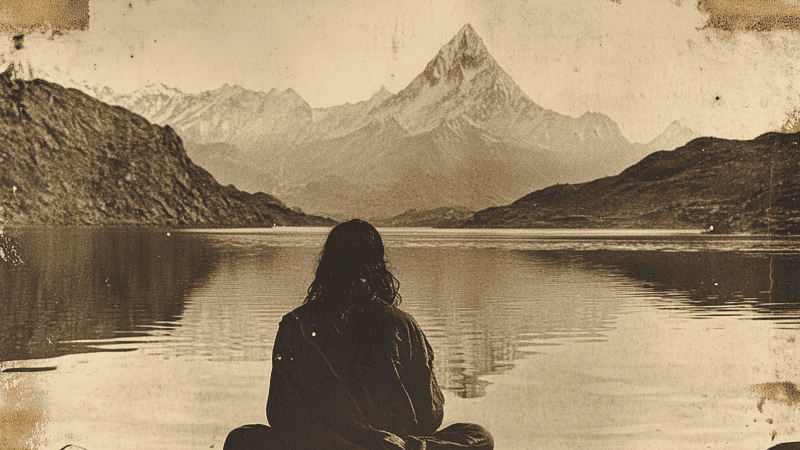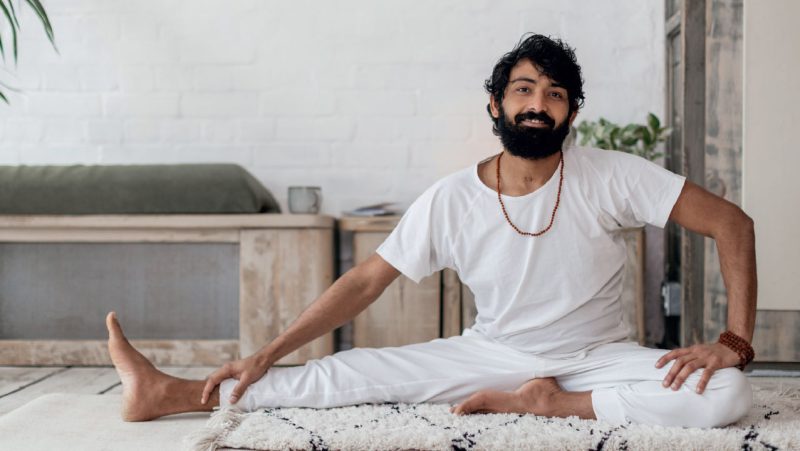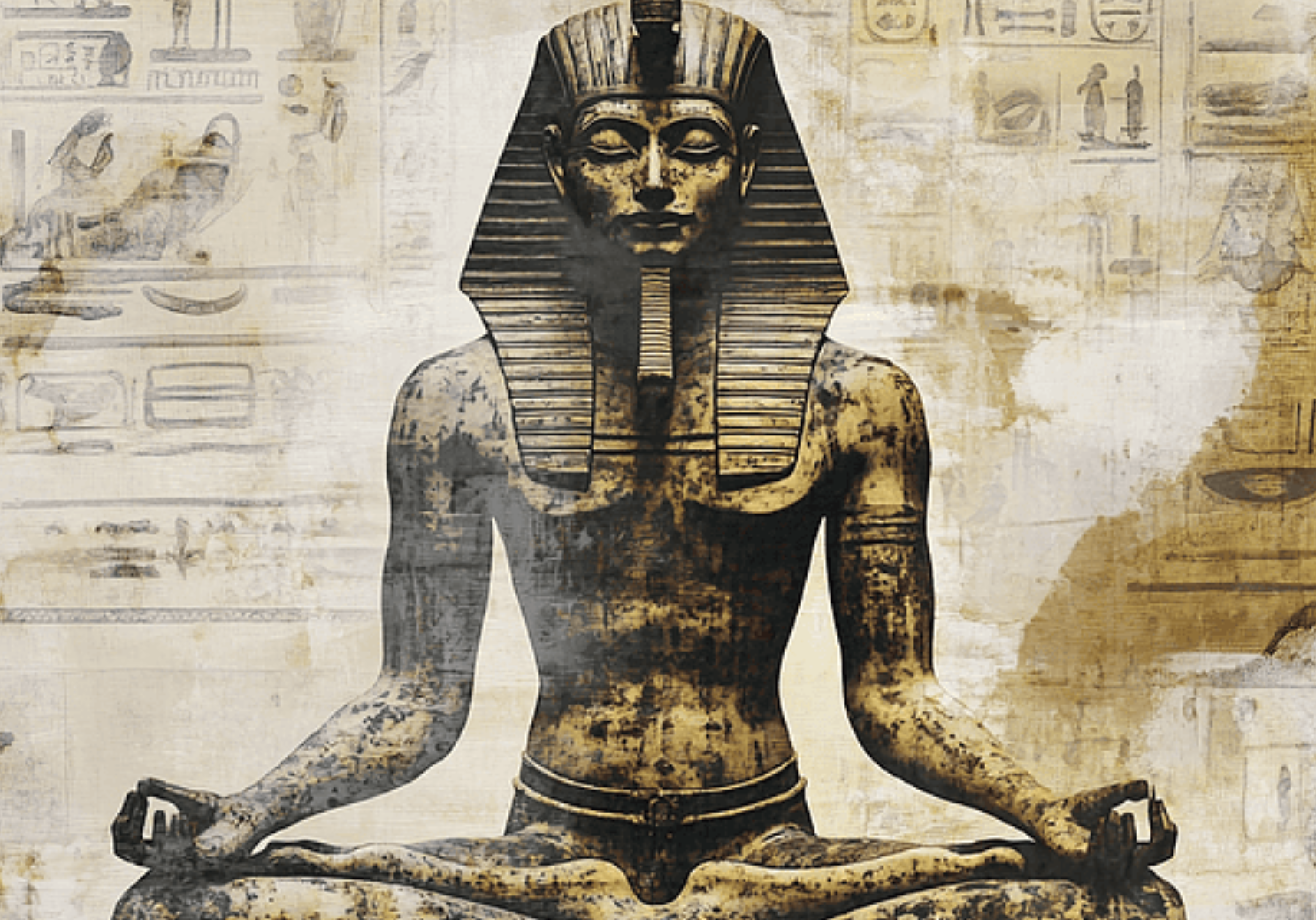
Yoga’s International Roots: A Bridge Across Cultures
When many people think of yoga, they think of India — and rightly so. India has been the keeper and teacher of yoga's ancient wisdom, especially as we’ve come to understand it in modern times. But the deeper we look into the history and origins of this sacred practice, the clearer it becomes: yoga is not rooted in one culture alone. Its essence — the pursuit of union, healing, and inner wisdom — has sprouted across the globe, shaped by many civilizations.
Reading time: 2 minutes
We see echoes of yogic postures and philosophy in ancient Egyptian hieroglyphics — figures in meditative poses, movements honoring deities, and symbols mirroring today’s familiar asanas like the sphinx. The concept of divine embodiment and ritual practice is not confined to any single region; it has existed across the African continent, in the Indigenous Americas, in Asia beyond India, and throughout the diaspora.
Native American traditions, too, have long included practices of movement, breathwork, and meditation, not only as spiritual rituals but as means of healing and communion with nature. Many Native American tribes use drumming, dance, and breath in sacred ceremonies, aligning their bodies with the rhythms of the earth. The reverence for the body as a vessel of spirit, mind, and community is a cornerstone of yogic philosophy — and it predates modern yoga.
For example, the Navajo people practice a form of spiritual and physical movement known as “sacred dance,” which connects them to the land, the elements, and their ancestors. Through rhythmic movements and chants, they align themselves with the natural world, seeking harmony and healing. Similarly, the Lakota Sioux incorporate prayer and movement, such as the “Sun Dance,” to invoke strength and spiritual renewal.
In Africa, we see parallel practices in the traditions of various tribes. In West Africa, the Yoruba people have long used dance, movement, drumming, and chanting as spiritual practices to connect with the Orishas (deities much like the well known Indian Gods and Goddesses). The movements are not merely physical; they are a form of communication with the divine, embodying spiritual teachings through rhythm and bodily expression. These practices, much like yoga, serve to clear blockages, elevate consciousness, and restore balance.
In the Andes, the Quechua people have practiced "Qhapaq Ñan," a holistic system of mind-body integration that involves ritual movements and meditation to align with the sacred energy of the earth. This practice, passed down through generations, emphasizes the interconnection of all life — body, spirit, and the natural world. Similarly, the Aborigines of Australia have a deeply rooted spiritual connection to the land, and their “songlines” — which map the travels of ancestral spirits — often involve movement, song, and ceremony that align with the energies of the land.
Before the historical Buddha emerged, there were Buddhas — enlightened beings — across time and terrain. Before modern medicine and technology, it was practices we now recognize as yogic that communities relied upon to maintain health: breathwork, meditation, movement, chants, plant-based remedies, ritual. These traditions weren’t labeled “yoga,” but they shared its spirit — communion with self, spirit, and nature.
As someone of Yoruba heritage, I see yoga reflected in my own ancestral practices. We chant. We dance. We pray. We invoke Orishas with reverence and rhythm. We move to heal, to honor, and to connect. These are yogic acts — not copies, not derivatives, but parallel truths rooted in cultural wisdom.
So when we speak of yoga, let us expand the lens. Let us honor its Indian lineage and recognize its resonance worldwide. If a space claims to be about true yoga but resists inclusion, diversity, or history — that is not yoga. That is ego.
Yoga, in its truest form, welcomes all. It invites us to bridge cultures, not build barriers. It asks us to return to ourselves — and in doing so, to remember each other.

